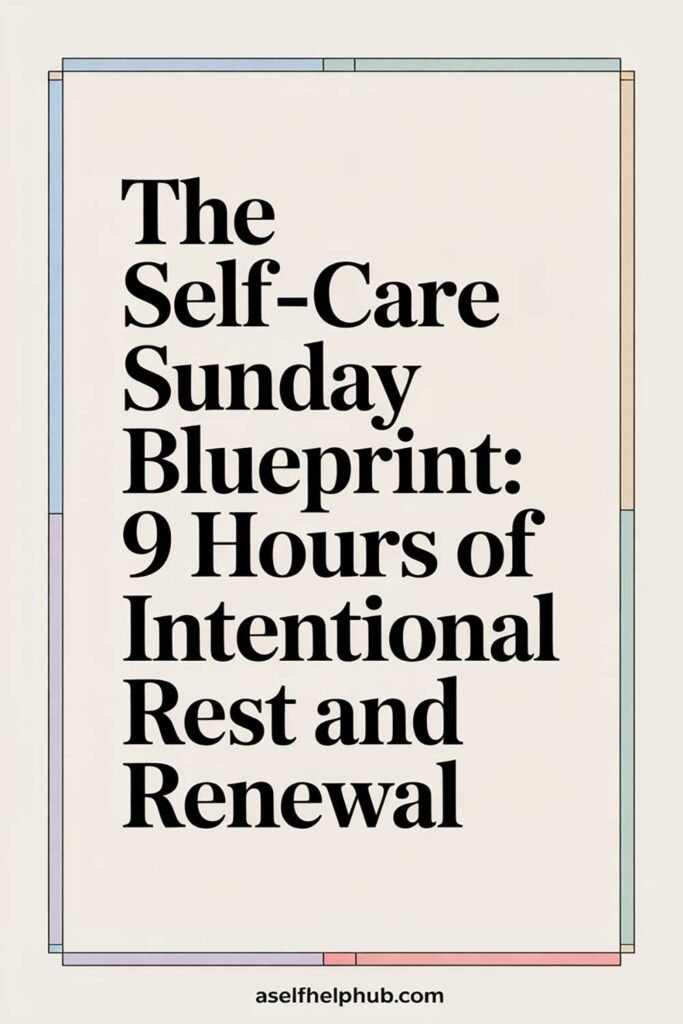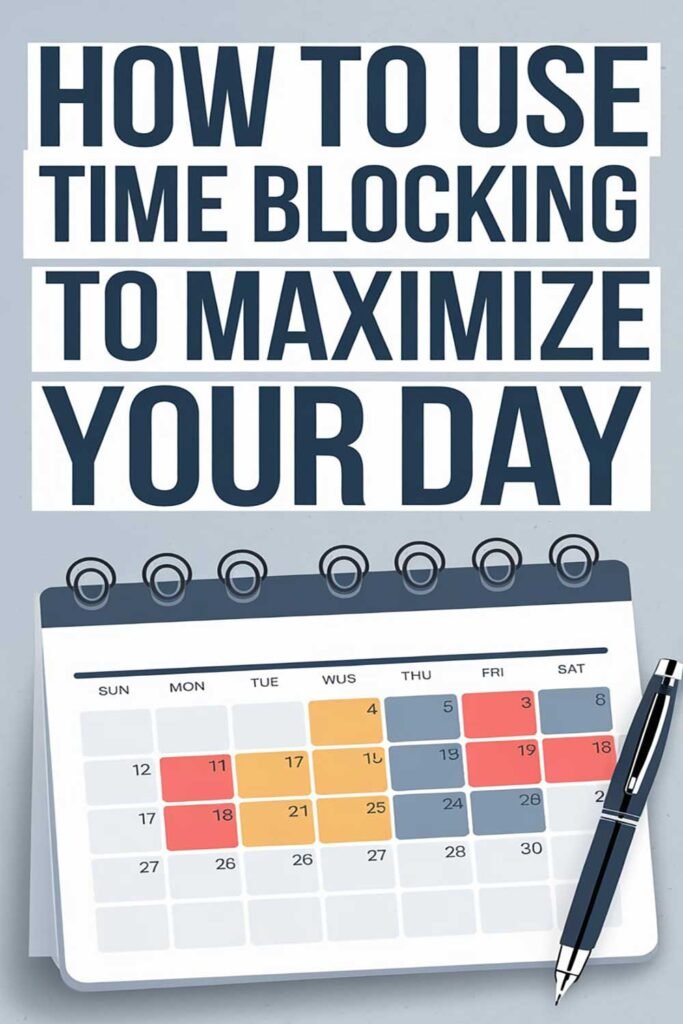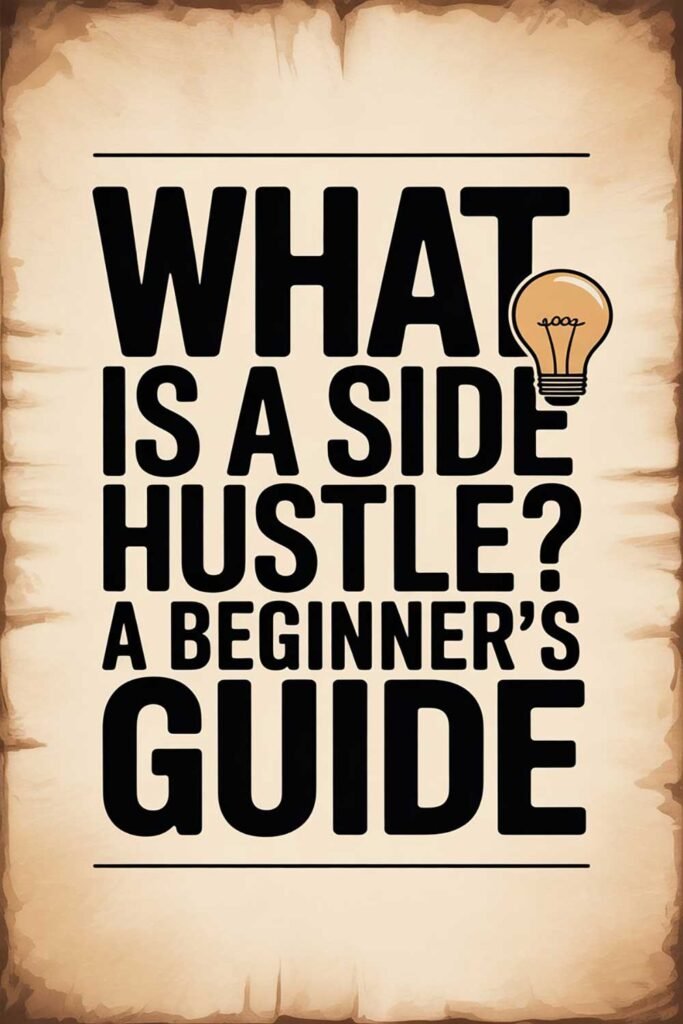How to Train Your Brain for Extended Focus
In an age of constant distractions, the ability to focus for extended periods is a valuable skill. Whether you’re studying, working, or pursuing creative projects, training your brain to sustain deep concentration can dramatically improve productivity and efficiency. By understanding how focus works and implementing key strategies, you can enhance your attention span and achieve greater success in your tasks. Here’s how to train your brain for extended focus.

Understanding Focus and Attention
Focus is the ability to direct mental energy toward a specific task while ignoring distractions. It involves two types of attention:
- Sustained Attention: The ability to concentrate on one task for an extended period.
- Selective Attention: The ability to filter out irrelevant information and focus on what matters.
With digital distractions and multitasking habits, many people struggle with maintaining prolonged attention. Training your brain to focus requires intentional effort and consistency.
Why Extended Focus Matters
Extended focus is critical in nearly every aspect of life. Whether you’re learning a new skill, working on a demanding project, or trying to improve your mental clarity, the ability to concentrate for longer periods leads to:
- Increased Productivity – Deep work allows for high-quality output in less time.
- Better Memory Retention – Focused learning leads to stronger neural connections.
- Higher Problem-Solving Skills – A well-trained brain can process complex information more effectively.
- Reduced Mental Fatigue – Avoiding distractions conserves cognitive energy.
- Greater Emotional Control – Staying focused can improve patience and resilience.
Strategies to Improve Extended Focus
1. Eliminate Distractions
- Turn off notifications and silence your phone.
- Create a clutter-free, dedicated workspace.
- Use website blockers to restrict access to distracting sites.
2. Practice Deep Work
- Dedicate blocks of time for focused work without interruptions.
- Follow the Pomodoro Technique (25-50 minutes of work followed by a break).
- Gradually increase your focus time to build mental endurance.
3. Train Your Brain with Mindfulness
- Engage in meditation to strengthen attention control.
- Practice mindful breathing exercises to enhance awareness.
- Reduce mind-wandering by bringing focus back to the present moment.
4. Engage in Cognitive Exercises
- Solve puzzles, play chess, or practice memory games.
- Read books without distractions to improve cognitive endurance.
- Challenge yourself with tasks that require deep thinking.
5. Use Visualization Techniques
- Before starting a task, visualize yourself fully immersed in it.
- Picture completing your work efficiently with deep concentration.
- Reinforce positive mental associations with focus.
6. Optimize Your Environment
- Work in a quiet, distraction-free zone.
- Adjust lighting and minimize background noise.
- Keep necessary tools within reach to reduce unnecessary movement.
7. Follow a Healthy Lifestyle
- Get enough sleep (7-9 hours) to improve cognitive function.
- Eat brain-boosting foods like nuts, fish, and dark chocolate.
- Stay hydrated and exercise regularly to increase mental clarity.
8. Set Clear Goals and Prioritize Tasks
- Break large tasks into manageable steps.
- Use a to-do list or planner to structure your day.
- Set realistic deadlines to maintain focus and motivation.
9. Reduce Multitasking
- Focus on one task at a time to maximize efficiency.
- Avoid task-switching, which reduces mental clarity and productivity.
- Use single-tasking techniques to improve performance.
10. Take Intentional Breaks
- Step away from screens to rest your mind.
- Use short movement breaks to refresh focus.
- Practice the 20-20-20 rule: every 20 minutes, look 20 feet away for 20 seconds.
11. Strengthen Mental Endurance Over Time
- Start with short focus sessions and gradually extend them.
- Push through initial mental resistance to develop a stronger attention span.
- Recognize when mental fatigue sets in and reset appropriately.
12. Create a Focus Ritual
- Establish a pre-work routine to mentally prepare for deep concentration.
- Include activities like stretching, breathing exercises, or journaling.
- Stick to the ritual daily to reinforce focus habits.
Inspirational Quotes
“The successful warrior is the average man, with laser-like focus.” – Bruce Lee
“Focus is a matter of deciding what things you’re not going to do.” – John Carmack
“What you focus on grows, what you think about expands, and what you dwell upon determines your destiny.” – Robin Sharma
“Your focus determines your reality.” – George Lucas
“The ability to focus attention on important things is a defining characteristic of intelligence.” – Robert J. Shiller
“We are what we repeatedly do. Excellence, then, is not an act, but a habit.” – Aristotle
“Give your mind as long as possible to come up with something original.” – David Ogilvy
“Clarity about what matters provides clarity about what does not.” – Greg McKeown
“Discipline is choosing between what you want now and what you want most.” – Abraham Lincoln
“Work smarter, not harder.” – Allen F. Morgenstern
Picture This
Imagine sitting at your desk, completely immersed in your work. No notifications, no distractions—just pure, uninterrupted focus. Time flies by, and you accomplish tasks with precision and efficiency. Your mind feels sharp, your thoughts are clear, and productivity flows effortlessly. By training your brain for extended focus, you unlock a powerful ability to master your work and achieve your goals.
Please Share This Article
If this article helped you, share it with anyone looking to improve their focus and concentration. Let’s help more people unlock their full potential through extended focus.






